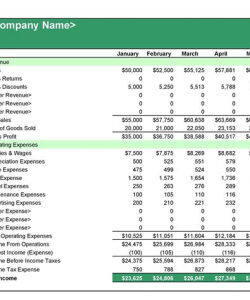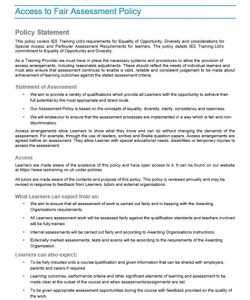The National Science Foundation Graduate Research Fellowship Program (NSF GRFP) is a prestigious fellowship that provides financial support to outstanding graduate students in STEM fields. The NSF GRFP personal statement is an important part of the application, as it gives the applicant an opportunity to showcase their research interests, experience, and goals. While there is no one-size-fits-all NSF GRFP personal statement template, there are some general tips that applicants can follow to write a strong statement.
First, applicants should make sure to tailor their personal statement to the specific requirements of the NSF GRFP. The NSF GRFP website provides a detailed description of the program’s goals and objectives, and applicants should make sure to address these goals and objectives in their personal statement. Second, applicants should focus on their research interests and experience. The NSF GRFP is looking for students who have a strong track record of research and who are passionate about their chosen field of study. Applicants should highlight their research accomplishments and explain how their research aligns with the NSF GRFP’s mission.
Showcase Your Research Interests
The NSF GRFP personal statement is your opportunity to showcase your research interests and goals. In this section, you should discuss your research experience, your motivations for pursuing research, and your plans for future research. Be sure to highlight your accomplishments and any unique skills or perspectives that you bring to your research. You should also explain how your research aligns with the NSF GRFP’s mission of supporting fundamental research in science and engineering.
When discussing your research experience, be sure to provide specific examples of your work. This could include describing a research project that you conducted, a paper that you published, or a presentation that you gave at a conference. Be sure to highlight the skills and knowledge that you gained from your research experience. You should also discuss your motivations for pursuing research. What drives you to ask questions about the world and seek out new knowledge? Finally, you should discuss your plans for future research. What are your long-term research goals? How do you plan to use the NSF GRFP to support your research?
Highlight Your Commitment to Research
In addition to showcasing your research interests, you should also highlight your commitment to research in your personal statement. This section should discuss your involvement in research activities outside of the classroom. This could include participating in research internships, volunteering in a research lab, or attending research conferences. You should also discuss your plans for continuing your research career after graduate school. What are your career goals? How do you plan to use your research skills to make a difference in the world? You should also discuss any unique skills or experiences that you bring to the NSF GRFP program.
When discussing your commitment to research, be sure to provide specific examples of your involvement in research activities. This could include describing a research internship that you participated in, a research project that you volunteered for, or a research conference that you attended. Be sure to highlight the skills and knowledge that you gained from these experiences. You should also discuss your plans for continuing your research career after graduate school. What are your career goals? How do you plan to use your research skills to make a difference in the world? You should also discuss any unique skills or experiences that you bring to the NSF GRFP program.
Conclusion
The NSF GRFP personal statement is an important part of the application, and it is important to take the time to write a strong statement. By following the tips above, applicants can increase their chances of success in the NSF GRFP competition. The NSF GRFP personal statement should be well-written, clear, and concise. It should highlight the applicant’s research interests, experience, and goals. The statement should also be tailored to the specific requirements of the NSF GRFP program. By following these tips, applicants can increase their chances of success in the NSF GRFP competition.



